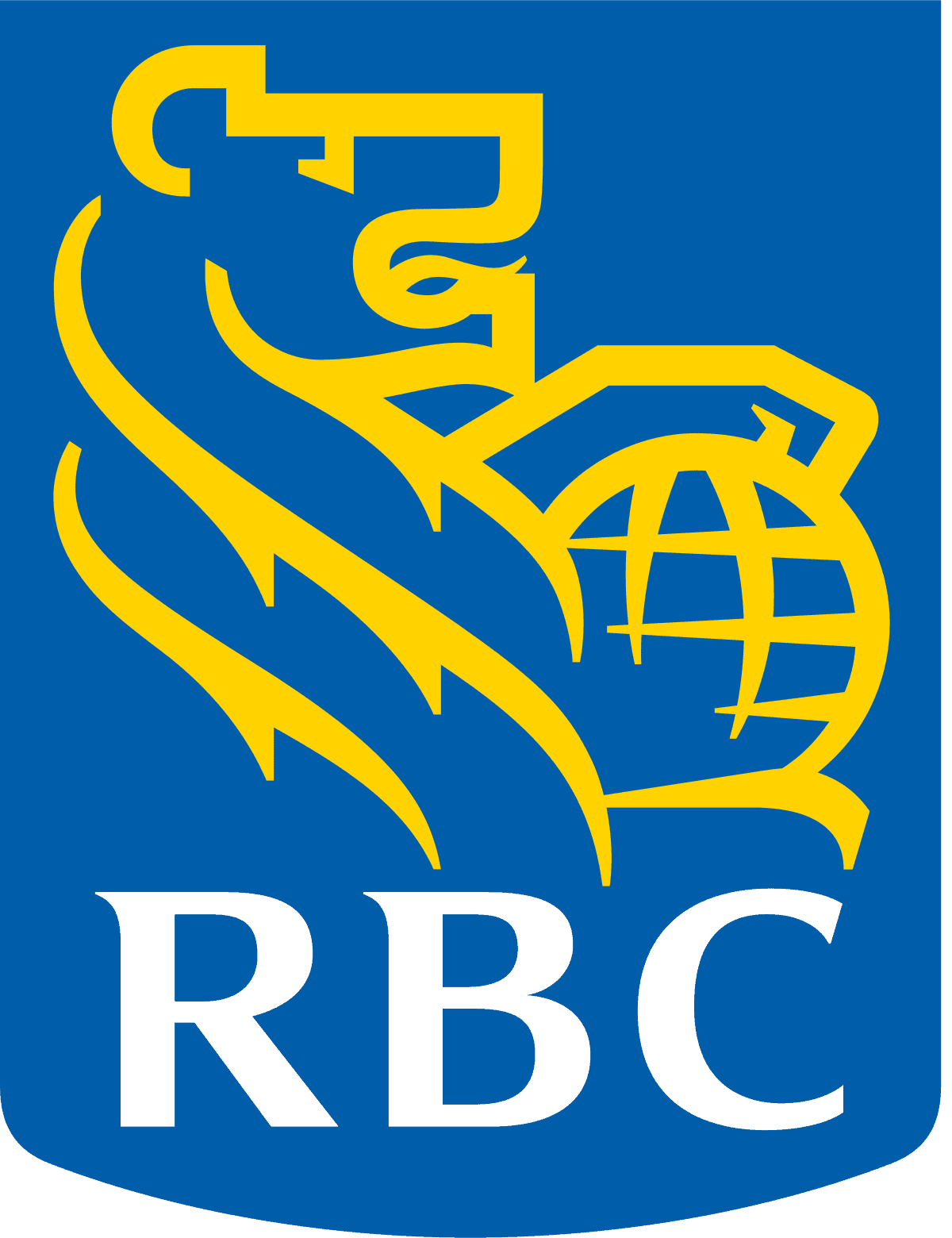
In the world of business, sales are the engine that drives growth. Companies are constantly looking for smarter, more flexible solutions to maximize returns and adapt to evolving markets. Choosing the right sales model plays a crucial role in achieving these goals.
The two primary options—fractional sales teams and traditional sales models—offer distinct advantages and challenges. While traditional models provide stability, fractional sales leadership delivers cost-effective sales solutions and improved efficiency.
This article dives into the differences between these models, focusing on how fractional teams can enhance sales efficiency metrics and deliver unmatched ROI.
Fractional sales teams are flexible, contract-based professionals who provide on-demand sales expertise. These part-time teams can scale services to meet the needs of growing businesses.
Unlike traditional in-house teams, fractional sales teams focus solely on results. They prioritize generating revenue, optimizing processes, and adapting strategies to deliver the best outcomes.
At The Sales Group, our fractional teams are designed to provide businesses with agile and scalable solutions to achieve their goals.
Traditional sales models rely on full-time, in-house employees dedicated to your organization. These teams offer consistency but come with significant overhead costs, including salaries, benefits, and training expenses.
While traditional teams can be effective for businesses with steady demand, they often lack the flexibility and rapid implementation that fractional teams bring to the table.
One of the biggest advantages of fractional teams is their ability to reduce costs. Businesses avoid expenses like benefits, onboarding, and full-time salaries.
By focusing resources on revenue-generating activities, fractional teams deliver a strong ROI in sales strategy without draining budgets.
Sales needs fluctuate, especially during seasonal peaks or new product launches. Fractional teams provide flexible sales support, adapting to changes quickly.
This scalability ensures that businesses can expand or reduce efforts without the complications of hiring or layoffs.
Fractional sales teams prioritize measurable outcomes. They track performance metrics, refine strategies, and focus on areas that deliver the greatest impact.
Their data-driven approach ensures continuous improvement and alignment with business goals.
Fractional sales leaders bring specialized knowledge from diverse industries. Their ability to implement best practices and guide teams ensures better outcomes.
This expertise empowers businesses to adopt proven methods without long learning curves.
Markets change quickly, and businesses need to adapt. Fractional teams provide the agility to pivot strategies and capitalize on new opportunities.
This flexibility is especially valuable for companies navigating competitive or uncertain markets.
Maintaining a traditional sales team requires significant investment. Salaries, benefits, and training expenses add up, often limiting a company’s ability to scale.
Traditional teams are less adaptable to sudden changes in market demand or strategy. This rigidity can result in missed opportunities.
Over time, in-house teams can fall into routine patterns. Without fresh perspectives, innovation may slow, impacting performance.
At The Sales Group, we help businesses evaluate their options and implement the best solution for their unique needs.
Fractional teams allow businesses to allocate resources more efficiently. By avoiding unnecessary overhead costs, companies can invest in tools and strategies that directly impact sales.
Fractional sales teams focus on delivering quick results. Their ability to implement effective strategies ensures businesses achieve revenue growth faster.
Fractional leaders provide guidance to in-house teams, improving skills and productivity. This collaborative approach enhances overall sales performance.
Data and analytics are at the core of fractional team performance. By tracking progress and refining strategies, they ensure ongoing improvements that align with business goals.
Fractional sales teams are ideal for:
If your goal is to maximize ROI while maintaining flexibility, fractional teams provide the perfect solution.
Determine which areas of your sales process need improvement, such as lead generation or team training.
Work with experienced providers who understand your industry. At The Sales Group, we specialize in delivering tailored fractional sales solutions.
Define measurable objectives to guide your fractional team’s efforts. Whether it’s improving revenue or boosting efficiency, clear goals drive success.
Track metrics like conversion rates and revenue growth to evaluate performance. Use these insights to refine strategies and maximize outcomes.
Choosing the right sales model is critical for business success. While traditional teams offer stability, fractional sales teams deliver unmatched flexibility, expertise, and ROI.
By leveraging cost-effective sales solutions, businesses can achieve their goals faster and with fewer resources. Whether you’re scaling operations or seeking to improve sales efficiency metrics, fractional sales leadership provides the tools you need to thrive.
At The Sales Group, we help businesses unlock their potential with fractional sales leadership tailored to their unique needs. Contact us today to learn how we can transform your sales strategy and deliver measurable results.

A proud nominee of the 29th Annual RBC Canadian Women Entrepreneur Awards